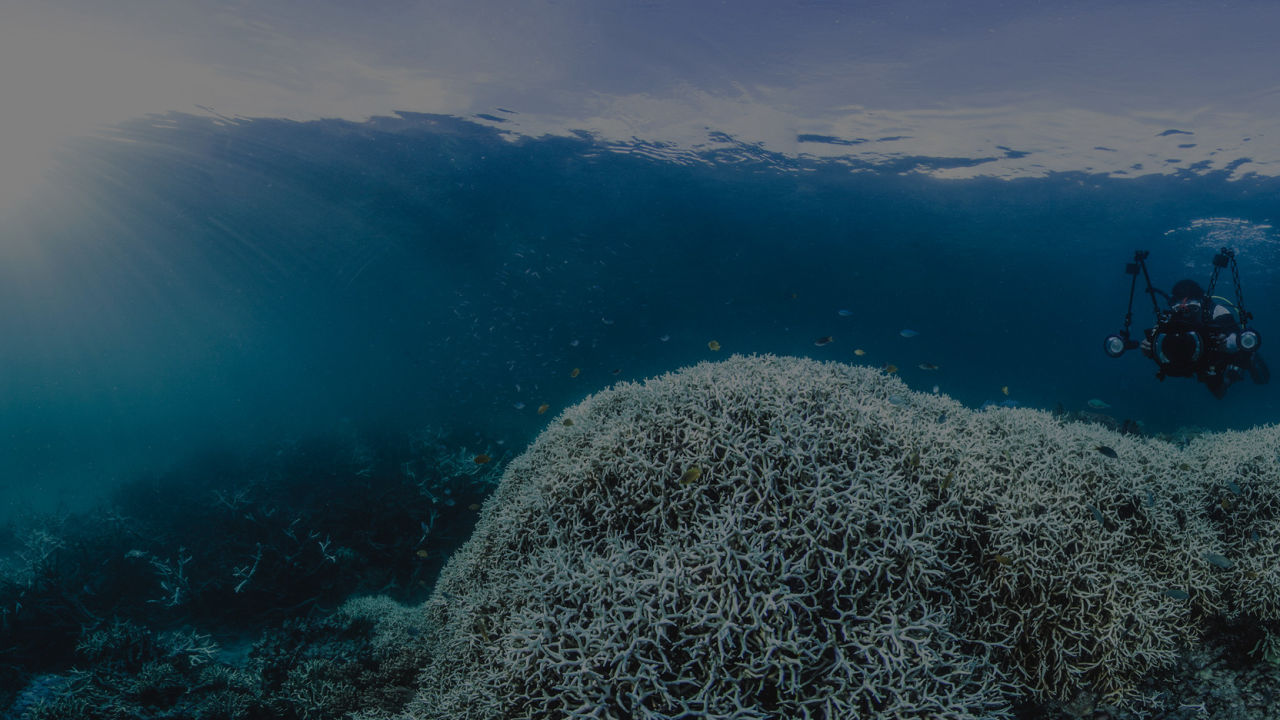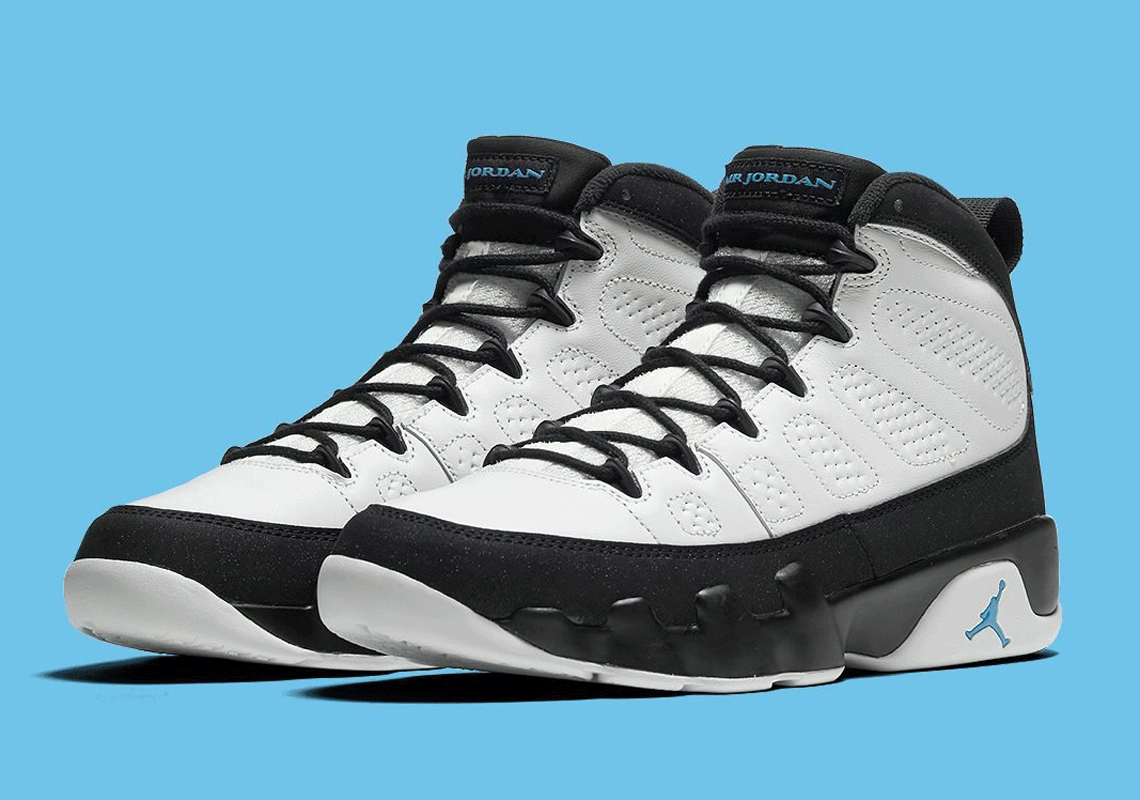Web Desk April 16 2021 1650 IST. Great Barrier Reef dying.
 How Climate Change Impacts The Great Barrier Reef Tourism Industry New Scientist
How Climate Change Impacts The Great Barrier Reef Tourism Industry New Scientist
More acidic ocean waters sea-level rise unsustainable fishing vessels that damage reefs invasive.

Coral reef climate change. Climate change poses the greatest threat to the Great Barrier Reef and coral reefs globally. However they are deteriorating at an alarming rate due mainly to human activity and climate change. It is now agreed by coral reef scientists around the world that the marine environment in general and coral reefs in particular are being adversely affected by climate change.
The situation is more urgent in the tropics where water temperatures are warmer on average and warming seas are pushing corals to their limits. Climate change poses an existential threat to the worlds coral reefs as well as to the ocean ecosystems and human economies they support. Theyve been called the rainforests of the sea.
This finding along with data to suggest that corals have already adapted to part of the warming that has occurred so far is part of a study funded by NOAA. Climate change will affect coral reef ecosystems through sea level rise changes to the frequency and intensity of tropical storms and altered ocean circulation patterns. Coral bleaching and ocean acidification are two climate-related impacts to coral reefs.
The series of mass coral bleaching events that killed vast areas of reef around the world including half of the Great Barrier Reef between 2015 and 2017 was a stark wake-up call. Climate change will affect coral reef ecosystems through sea level rise changes to the frequency and intensity of tropical storms and altered ocean circulation patterns. At the 18th US.
Two of the greatest challenges brought by climate changean increase in ocean temperatures and acidity levelsare creating severe knock-on effects jeopardising the Reefs survival. The trend in the increase of carbon dioxide in the atmosphere has increased drastically over the past decades to the extent that has never been done or known before in the past 800 000 years 16. O ne of the most important threats facing coral reefs on a global scale is a big one.
She explains that short term local action and long term global efforts are needed to halt the coral reef crisis. Warming ocean waters due to climate change put corals at risk from deadly bleaching and disease. Climate change plays a major role in affecting coral reefs.
Climate change has caused 89 decrease in new coral in Great Barrier Reef and threatens recovery study says - CBS News Climate change has caused an 89 decrease in new. Coral Reef Task Force USCRTF Meeting in 2007 in American Samoa the USCRTF adopted Resolution 181. In her talk she describes the devastating effects of increasing ocean temperature and acidification both due to increased atmospheric CO2 levels on coral reefs around the world.
Scientists agree that climate change is real and this spells real trouble for the worlds coral reefs. The first global scientific assessment of climate change impacts on World Heritage coral reefs published in 2017 by UNESCO predicts that the coral reefs in all 29 reef-containing World Heritage sites would cease to exist as functioning coral reef ecosystems by the end of this century if humans continue to emit greenhouse gases under a business-as-usual scenario. When combined all of these impacts dramatically alter ecosystem function as well as the goods and services coral reef ecosystems provide to people around the globe.
And their survey of 2500 Indo-Pacific reefs showed that coral responses to global climate change may be changing as corals have different past experiences and tolerances to heat and stress said. Coral Reefs and Climate Change which called for the formation of a Climate Change Working Group CCWG to specifically focus on threats to coral reefs from climate change. New study predicts coral reef might survive climate change.
Root TL Price JT Hall KR Schneider SH Rosenzweig C Pounds A. Coral reefs may be able to adapt to moderate climate warming and improve their chance of surviving through the end of this century if there are large reductions in carbon dioxide emissions. Coral reefs are spectacular underwater ecosystems.
Climate change could destroy almost all of Earths coral reef habitats by 2100 according to new research. Scientists predict that we could lose over 90 of our coral reefs by 2050 if we dont act urgently to reduce. When combined all of these impacts dramatically alter ecosystem function as well as the goods and services coral reef ecosystems provide to people around the globe.










